The Right Team-Building Supports Your Employee Engagement Strategy
A study by the Harvard Business School found that the most important predictor of whether a team will be successful is not intelligence or experience, but instead how well the team members work together. The same study found that when teams are formed with the right mix of people who complement each other’s strengths, they are more likely to be successful.
The right team-building can support your employee engagement strategies by creating a more cohesive and effective team.
What is an employee engagement strategy?
An employee engagement strategy is a plan that helps a company foster a positive work environment and motivate employees. The main objectives of an employee engagement strategy revolve around improving communication, increasing productivity, and building morale.
Without a strategic plan for employee engagement, a company may see its productivity and profitability impacted. A disengaged employee is less likely to be productive or motivated, which can lead to lower-quality work. On the other hand, an engaged employee is more likely to be productive and motivated, resulting in higher-quality work.
Where does team-building fit in?
To succeed in their employee engagement strategy, companies have to realise the vital role that team-building plays in it. Team-building not in the sense of a day out together as a team doing fun activities; rather, it's referring to team-building that fulfills a strategic purpose of having applicable tools and plans to put into action come the next working day.
Here is how team-building (when done right) can support your employee engagement strategy::
Hiring the right people
Organisations invest a lot of time and energy into building the "perfect" team. The process of team-building can be used to not only enable teams to hire the right people, but also to ensure that those people are a good fit for the job. This serves to meet the objectives of the employee engagement strategy, which is to create a workplace where employees feel motivated and invested in their work.
When team-building is done right, it can help organizations assess whether or not a potential hire has the right skills and personality for the job. This is important because it helps to ensure that employees are engaged in their work and are less likely to experience burnout. Additionally, hiring the right people helps create a positive work environment where employees feel supported by their colleagues.
Strengthening communication
One of the outcomes of effective team-building is the strengthening of communications within a team. It can impart tools and exercises for healthy communication and how feedback can take place in the workplace.
The openness of healthy communication channels promote teamwork and collaboration which eventually serves the larger employee engagement strategy that the organisation seeks to implement.
Identifying development opportunities
Team-building can provide profiling tools and assessments that can help teams identify their areas of greatest strengths and weaknesses. This is powerful in the pursuit of building a high-performing team. Teams can use that knowledge to seek opportunities to develop their greatest strengths and seek opportunities to collaborate in areas that might be the blindspot of another team member.
It can assess the effectiveness of a team in working together and provides constructive solutions to delegate and manage the responsibilities and manpower within the team to achieve maximum collaboration. Through team-building, teams can identify development opportunities for the team and personalise those development plans based on each team and the team members that make the team.
Retaining the best talents
Talent retention can be one of the greatest pain points that companies face. By building a team that is effective in working together, team-building can support the employee engagement strategy in creating a positive culture that breeds loyalty to the team and organisation. When there is a sense of belonging to their team, people are less likely to walk away and search for greener pastures elsewhere.
Team-building can also help employees feel like they are part of something bigger than themselves, which can be motivating and inspiring. When employees feel like they are contributing to a larger goal, they are more likely to be engaged and committed to their work.
Final Thoughts
Having seen how team-building can go hand-in-hand in supporting the effective execution of an employee engagement strategy, it should be prioritised by companies.
By investing in strategic and high-impact team-building, companies can create a more positive and productive work environment which will lead to a highly engaged workforce.
Written by Rachel Chai
Connectedness • Empathy • Strategic • Belief • Context
Rachel is a Strengths School™ Certified Strengths Trainer and the Content Lead at Strengths School™. Being deeply introspective, she believes in helping others draw connections between how their unique strengths play out in their lives.



